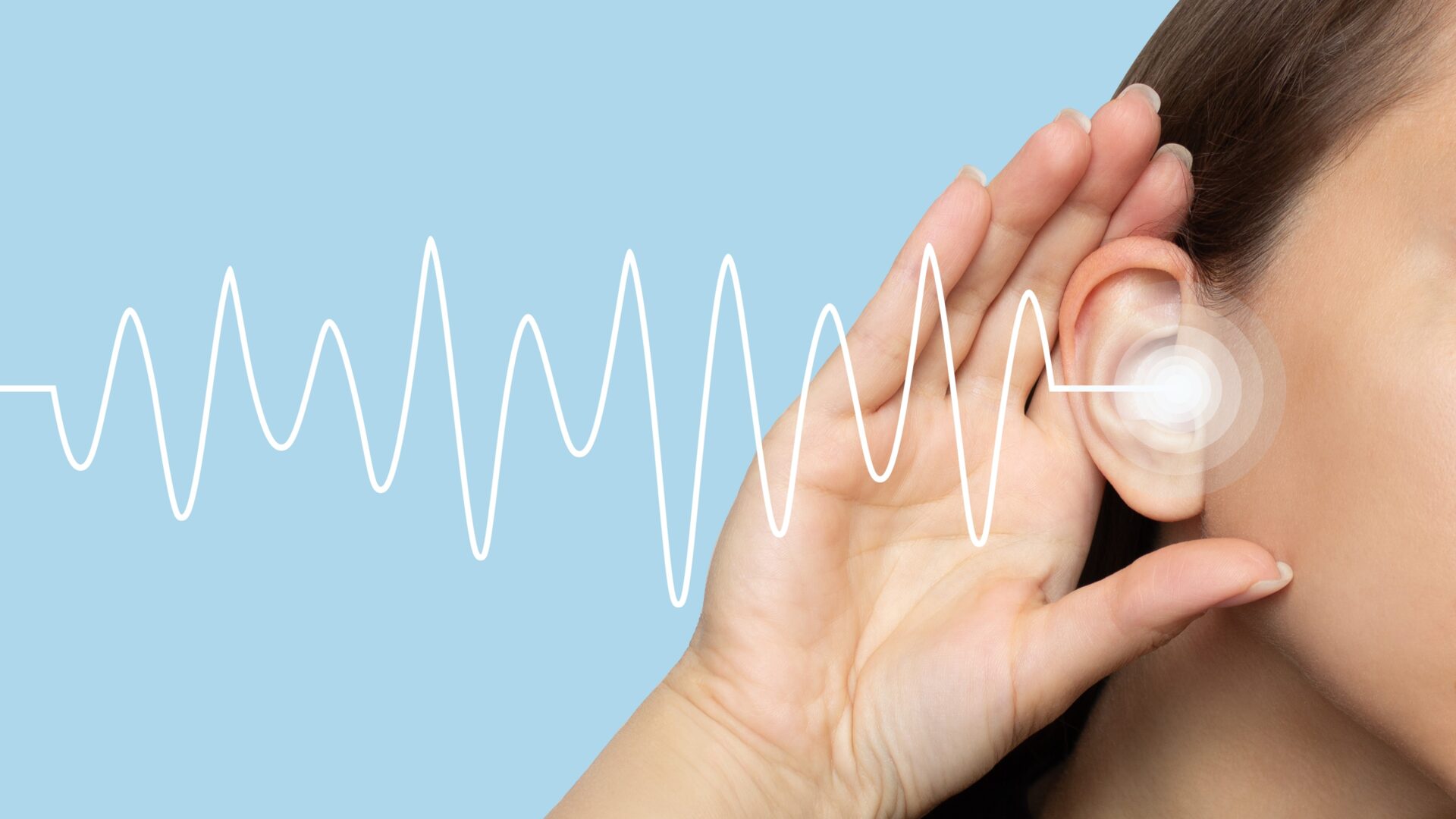On January 15, 2025, the Students with Hearing Loss Subcommittee of the Student Academy of Audiology (SAA) hosted a Fireside Chat featuring a panel of students and professionals with hearing loss. The student panelists included Mindee Anderson, Nicole Genser, and Natalia Matteo. The professionals were Sarah Sparks, AuD, and Michelle Hu, AuD. With over 60 attendees, the panelists shared their experiences across various topics: patient interactions, accommodations in the classroom and workplace, navigating imposter syndrome, performing daily tasks such as listening checks, and speech testing. Read on for a sampling of the panelists’ responses, and see the recording below to view the entire discussion.
Q: What advice would you give to someone with hearing loss who is entering the profession of audiology?
Natalia Matteo: Embrace this experience as a strength so your personal journey with hearing loss really gives you a unique perspective that sets you apart in a meaningful way. You’ll be able to naturally connect with patients on a deeper level, better understand how to navigate hearing devices, manage noisy environments, and learn how to advocate for yourself.
Nicole Genser: Be patient with yourself. As you’re working with patients day in and day out, you’re going to encounter aspects in almost every single one of their experiences that resonate with your own. These can be really powerful because they bring up a lot of emotions and reflections that you might not expect…so be patient along the ride with the emotions that come up for them and don’t be afraid to spend time reflecting on them. You’ll be surprised what you learn about yourself as a person with hearing loss along the way.
Q: What advice do you have for overcoming self-doubt or imposter syndrome as an audiology student or audiologist with hearing loss?
Mindee Anderson: In moments like that, I just have to say in my head, okay, I can do this. I know I can do this. If I’m not 100 percent accurate, it’s okay to ask. There’s no shame in asking again, hey, will you spell out what you said? Or can you repeat that again before jumping to the next word? Having a support system of family and friends is important, and vocalizing any self-doubt with them is a good management strategy. They’ve been through your hearing loss with you…just talking through everything with people that love you can help. Find the people that give you the support when you need it the most.
Michelle Hu, AuD: Imposterism will always be there. Know yourself. Know what fills your tank. Know if you have listening fatigue that day, your imposter syndrome might be triggered more so.
Know what works for you, what will bump up your confidence. Develop a mantra, and as you practice more you’ll know where your fortés are. I love role playing. Come up with several different responses when people say “what are those things on your ears?” or “did you hear me?” or “what are you deaf or something?” Put yourself in those situations sooner than later, imaginative or not, so that you have gone through it already.
Q: How do you go about performing speech testing?
Sarah Sparks, AuD: There are so many ways for accommodating this. When you’re a student who’s d/Deaf or hard of hearing, one thing that might be helpful for you to do would be have your preceptor word recognition score side by side with you to kind of get an accuracy check on yourself. That was very helpful for me when I was a student. As far as actually getting the responses, I have had people write the response on a whiteboard, repeat their responses two or three times if needed, or pause the recorded word list—don’t ever be afraid to pause the recording—that’s another bit of advice for me. I have worked with an ASL interpreter where the interpreter is telling me what the person said and to make sure that the interpreter’s hearing is not getting in the way. I do a quick hearing screening on the interpreter to make sure that they’re in the normal range before they provide any of that information to me. There are a lot of other possibilities as well.
Nicole Genser is a fourth-year audiology student at Montclair State University in NJ and resident at the Center for Hearing and Communication in New York City. Her clinical interests include amplification and aural rehabilitation, among other research and outreach initiatives in related contexts.
Related Posts
Balancing Vulnerability and Professionalism: Learning from Audiology Students with Hearing Loss
By Nicole Genser For audiology students with hearing loss, the path to becoming a clinician is both uniquely challenging and deeply rewarding. As they navigate the demanding environment of graduate school, these students often find themselves balancing personal vulnerability with professional growth. Disclosing their hearing loss, requesting accommodations, and connecting with patients can be powerful…
Pathways to Audiology: Sarah Jones, AuD
Welcome to the national Student Academy of Audiology (SAA) Pathways to Audiology Interview Series! While many audiologists come from a Communication Science Disorders (CSD) background, others have taken different pathways to the field. In this series, the national SAA will interview both audiologists and AuD students who have or are taking non-traditional routes into the profession…
Pathways to Audiology: Alexander Morris, AuD
Welcome to the national Student Academy of Audiology (SAA) Pathways to Audiology Interview Series! While many audiologists come from a Communication Science Disorders (CSD) background, others have taken different pathways to the field. In this series, the national SAA will interview both audiologists and AuD students who have or are taking non-traditional routes into the profession…



